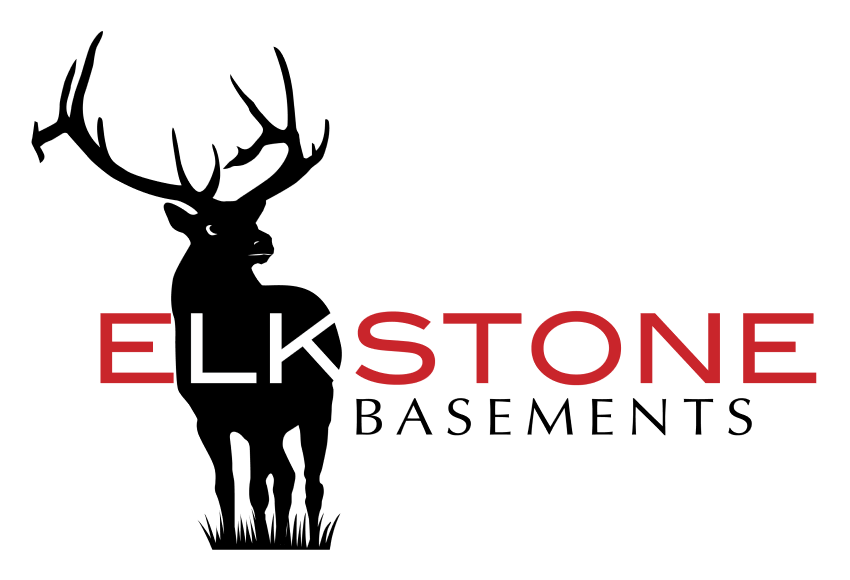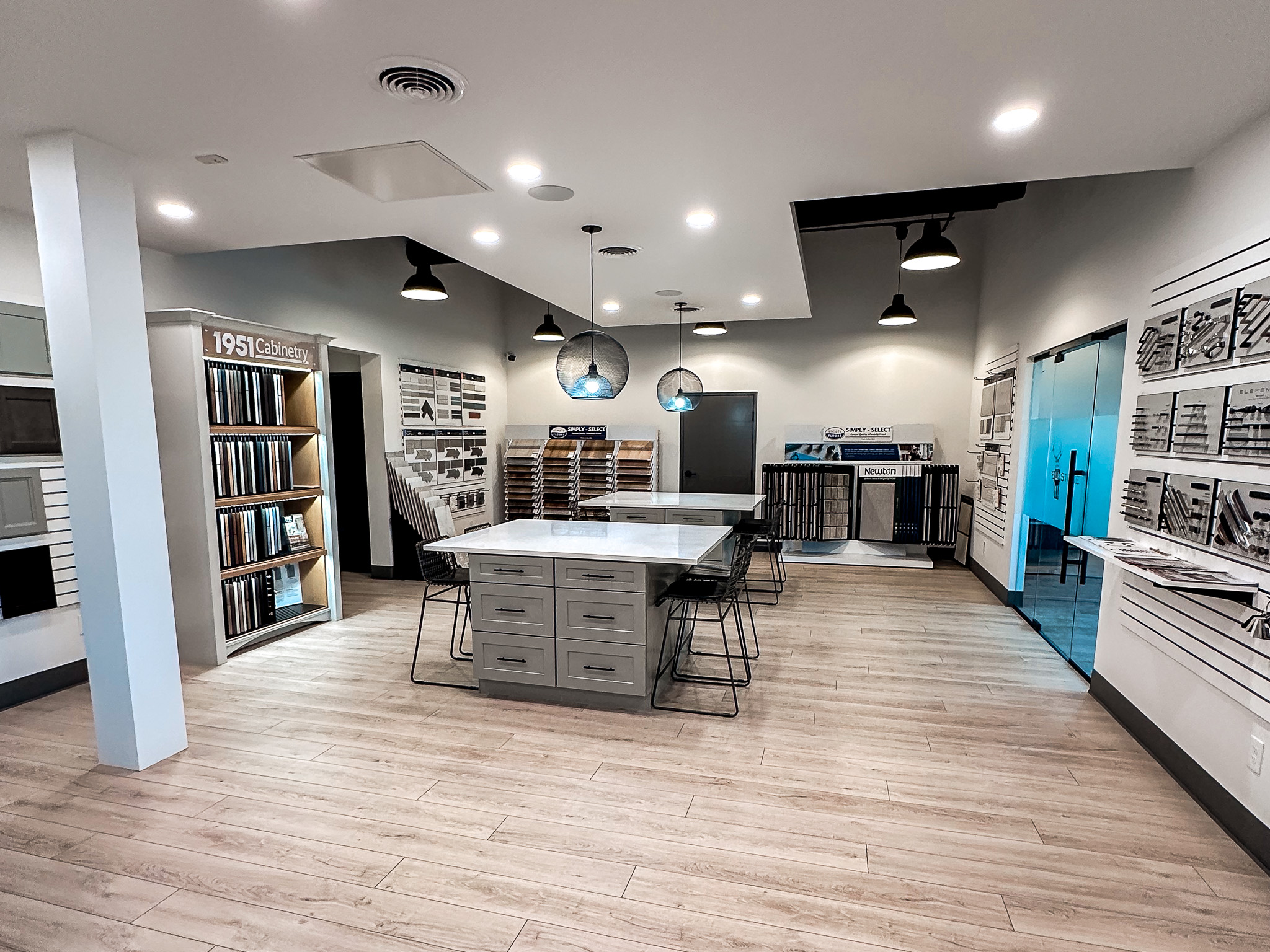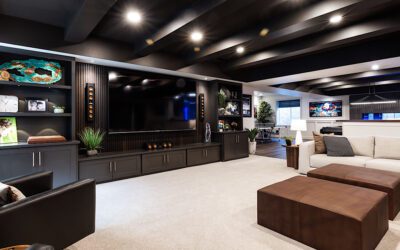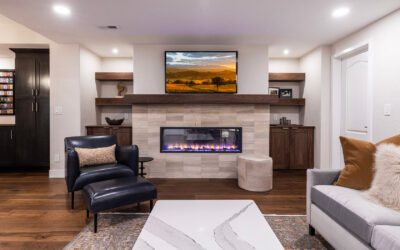In Utah, finishing a basement isn’t just a design decision—it’s a legal one. Whether you’re adding bedrooms, bathrooms, or building a rental-ready suite, your project must comply with state and local zoning codes, safety standards, and permitting regulations.
At ElkStone Basements, we’ve guided hundreds of homeowners in Draper, Lehi, South Jordan, Herriman, Saratoga Springs, and surrounding areas through the zoning and compliance process—ensuring every finish meets local requirements from start to finish.
If you’re planning a basement upgrade in one of Utah’s growing communities, here’s what you need to know before construction begins.
Understanding Basement Zoning in Utah
Zoning laws vary by city and county across Utah. These rules define how you can legally use your basement—especially if you’re planning to add:
- A bedroom
- A bathroom
- A kitchen or wet bar
- A separate entrance
- A rental unit (long-term or short-term)
Common Utah Zoning Considerations:
- Occupancy Type: Most residential basements are zoned for single-family use. Adding an ADU (Accessory Dwelling Unit) requires special zoning approval.
- Lot Setbacks & Property Use: If adding new windows, egress exits, or entrances, local rules may impact placement or approval.
- Rental Restrictions: Cities like Bluffdale and Riverton may limit basement rentals or short-term occupancy.
- Basement ADUs: Some municipalities allow ADUs with kitchens and separate access—but only with zoning approval.
ElkStone Tip: Always verify zoning rules with your local planning department before designing a rental suite or secondary unit. Our team can help ensure your layout aligns with zoning constraints.
Basement Code Compliance: What’s Required?
Every finished basement in Utah must meet the International Residential Code (IRC) and any city-specific amendments. ElkStone ensures your finish is code-compliant from day one.
Key Areas of Code Compliance:
- Egress Requirements: Any sleeping area must have a code-compliant egress window. That includes proper sizing, clearances, and accessibility.
- Ceiling Heights: Most cities require at least 7 feet of finished ceiling height. Limited exceptions may apply in duct or beam areas.
- Ventilation & HVAC: All living spaces must be properly ventilated. Ductwork must support consistent climate control.
- Electrical & Lighting: Wiring must meet National Electrical Code (NEC) standards, including GFCI outlets and proper fixture spacing.
- Smoke & CO Detectors: Required in each sleeping room and nearby hallways. CO detectors are a must when gas appliances are present.
- Bathroom Plumbing: Plumbing must be fully permitted, inspected, and meet Utah’s fixture and efficiency requirements.
Note: Building codes evolve frequently. ElkStone stays up-to-date to ensure every finish passes inspection and protects your investment.
Permits: What Utah Homeowners Need Before Finishing
Skipping permits can lead to costly issues down the road, including fines, failed inspections, delays, or difficulty selling your home. ElkStone handles all permitting on your behalf to avoid these risks.
Typical Permits for Utah Basement Finishes:
- Building Permit: Covers framing, drywall, layout changes, and general construction.
- Electrical Permit: Required for new wiring, outlets, fixtures, or panel modifications.
- Plumbing Permit: Needed for new bathrooms, sinks, drainage, or sewer tie-ins.
- Mechanical Permit: Required for HVAC work or duct rerouting.
- Egress Window Permit: Mandatory when adding or modifying bedroom egress.
Permit Timeframe: Most Utah city permits take 1–3 weeks to process. ElkStone tracks and manages this timeline to keep your project moving.
FAQs About Utah Basement Zoning & Permits
Can I finish my basement without a permit if I’m not adding bedrooms?
No. Permits are required for framing, electrical, plumbing, and any major layout changes—even without bedrooms.
Can I add a rental suite in cities like Lehi or South Jordan?
It depends on zoning. ElkStone can check with local planning departments. Not all areas allow ADUs or basement rentals.
Are inspections required during the finish?
Yes. Most projects require city inspections at key stages: framing, electrical, plumbing, and final. ElkStone coordinates all of them for you.
Will non-permitted work affect my resale value?
Absolutely. Unpermitted work can delay or derail a sale. In many cases, it must be removed or redone before closing.
Why ElkStone Handles All Compliance In-House
Finishing with ElkStone means more than great design—it means total peace of mind. Our experienced in-house team:
- Confirms zoning before we draft your layout
- Pulls and manages all necessary city permits
- Coordinates every inspection to avoid delays
- Builds to current Utah building codes using licensed, insured professionals
- Provides documentation you can use for insurance, refinancing, or resale
We believe code compliance isn’t optional—it’s part of responsible craftsmanship.
Call (720) 649-6274 to schedule a consultation and get expert support on your Utah basement finish—from permits and zoning to layout and inspections.




Recent Comments